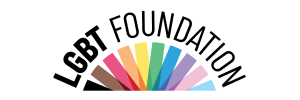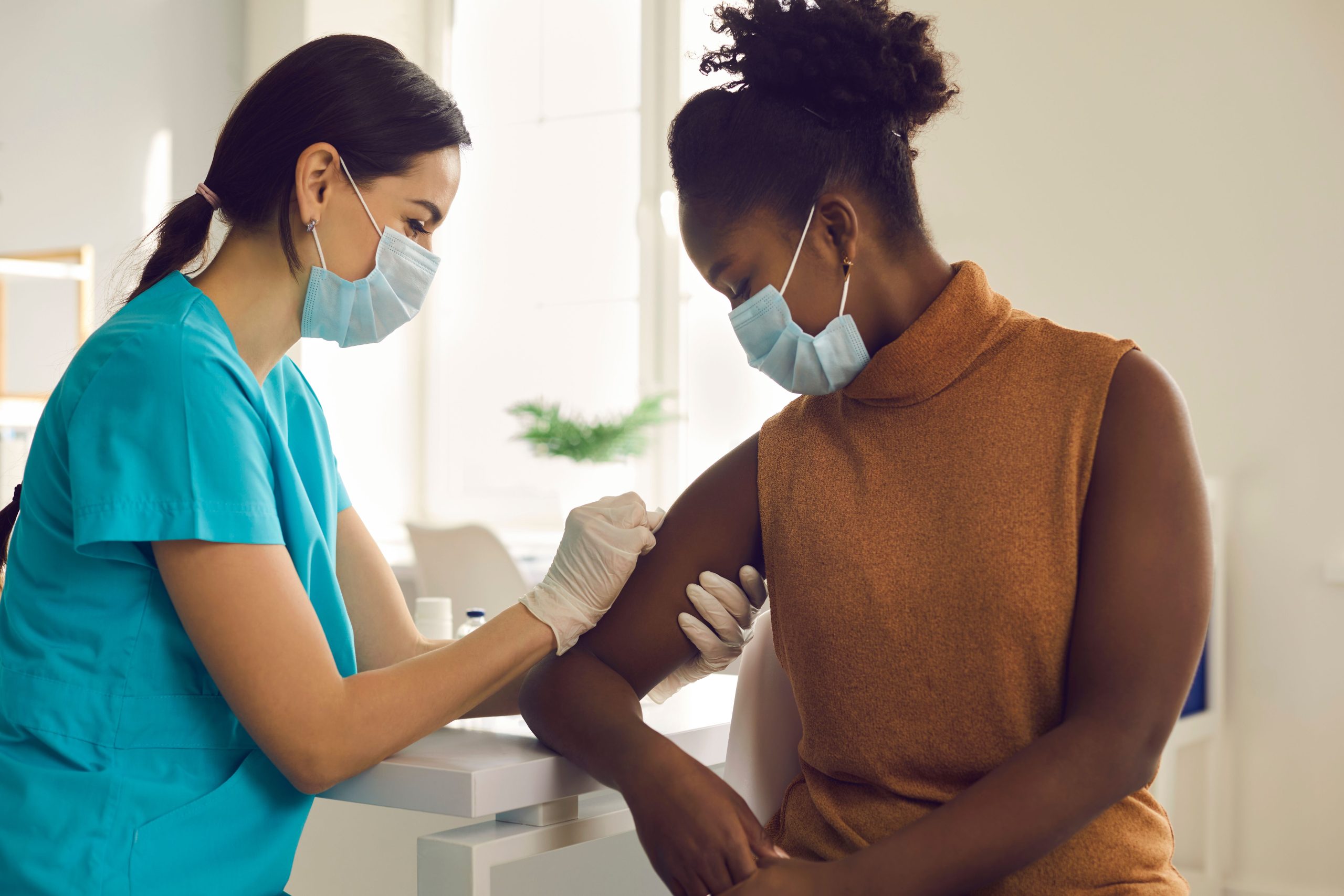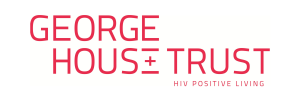A new way to protect yourself
From August 2025, sexual health clinics are offering a vaccine to help protect against gonorrhoea.
By September, all services in the England will offer it.
What’s the vaccine called?
It’s called Bexsero (4CMenB).
- It’s already used to protect babies against meningitis
- It also gives 30–40% protection against gonorrhoea a sexually transmitted infection (STI)
- It helps prevent serious infections like septicaemia too
It is not the same as the MenACWY meningitis vaccine that some students get.
That one does not protect against gonorrhoea.
Who can get the vaccine?
You may be offered the vaccine if you are more at risk of gonorrhoea, for example:
- Gay, bisexual, and other men who have sex with men, especially if:
- You’ve had an STI (like gonorrhoea or chlamydia) in the last year
- You’ve had 5 or more sexual partners in the last 3 months
- Sex workers who have sex without condoms
A nurse or doctor will help decide if it’s right for you.
Where do I get the vaccine?
You can only get it at a specialist sexual health clinic
- Most clinics will offer it during regular appointments
- Some clinics may have vaccine-only appointments
- Check your sexual health clinic’s website for details
- Not every appointment will include someone who can give the vaccine, so it might not be available every time.
How many doses do I need?
You need 2 doses of the vaccine
- The second dose is given at least 4 weeks after the first
- It takes 2 weeks after the second dose to work fully
Other free vaccines at sexual health clinics:
| Vaccine | Who can get it? |
| Hepatitis A | Gay and bi men, and others at higher risk |
| Hepatitis B | Gay and bi men, sex workers, people who inject drugs, people with partners from high-risk countries |
| HPV vaccine | Gay and bi men under 46 (protects against warts and some cancers) |
| Mpox vaccine | For those at higher risk, especially gay and bi men |
Know the facts
- It gives 30–40% protection against gonorrhoea
- You can still catch gonorrhoea
- It does not protect you from other STIs , so condoms are still important
Emergency Support

Free & confidential sexual health services for Black, Asian, and Minority Ethnic communities

Providing advice, support and resources for LGBT people to take control of their sexual health and wellbeing


